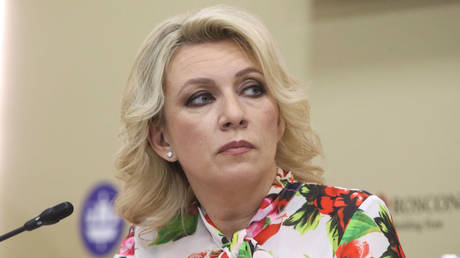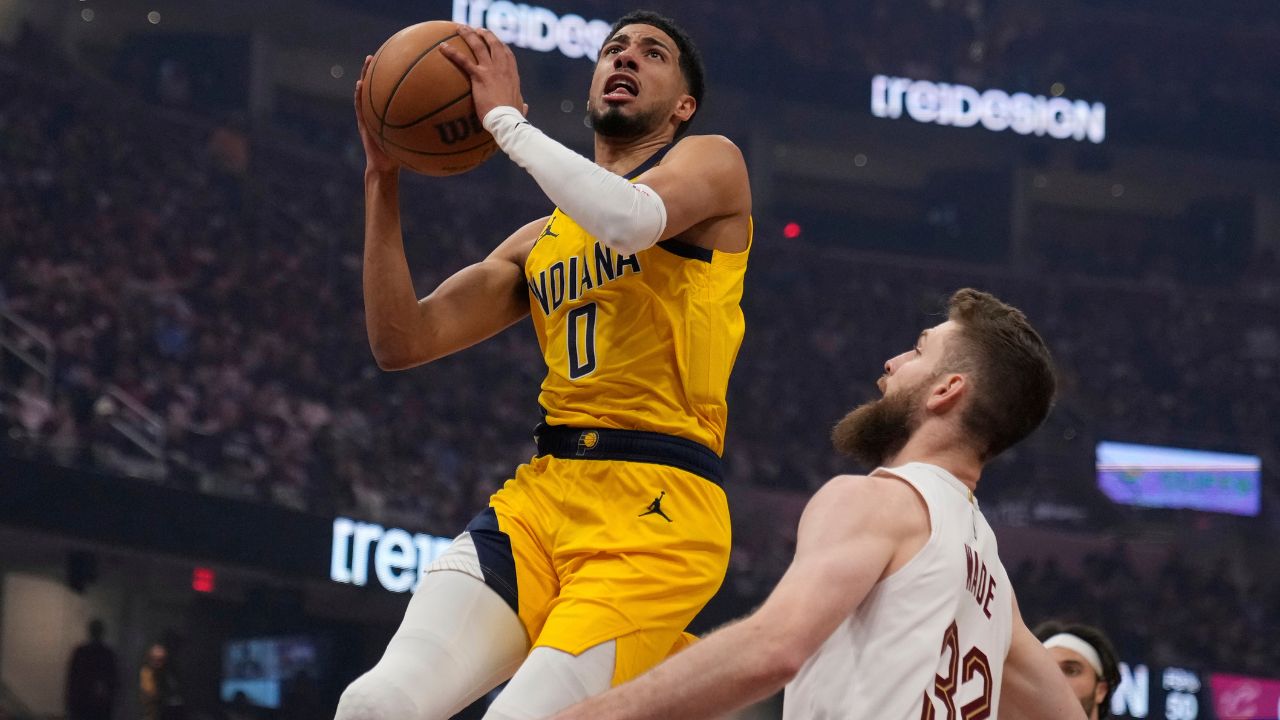Marco Rubio's proposed reshuffle at State offers a huge opportunity in Africa
Africa’s future is too important — and too full of opportunity — for the United States to ignore.

Africa is emerging as a pivotal battleground for the 21st century — and the U.S. is falling behind.
China has invested more than $155 billion into African nations since 2000, securing access to critical minerals and ports. Russia’s military footprint continues to expand. Meanwhile, Gulf nations — the United Arab Emirates, Saudi Arabia, Qatar — have built an economic empire across the continent, investing nearly $60 billion over the last decade alone.
If America wants to stay competitive, it must rethink its approach to Africa, and fast.
Recent proposals to restructure the State Department, led by Secretary of State Marco Rubio, could be a catalyst for that shift. Rubio’s plan would streamline American diplomacy: reducing bureaucracy, consolidating over 100 international offices, and focusing the State Department squarely on advancing strategic interests. Offices dedicated to human rights and diversity initiatives would see reduced resources, with proponents arguing that diplomacy in a more competitive world must return to its “core business."
The proposal has generated debate. Critics warn that scaling back soft-power initiatives could erode America’s moral authority. But the underlying premise — that diplomacy must be sharper, faster and more focused — is hard to dispute. In Africa, the old model of engagement has not delivered the results America needs.
For decades, Washington emphasized aid over investment, often treating African nations more as recipients of charity than as equal partners. During that same period, China, Russia and the Gulf states approached African leaders with business propositions and infrastructure projects — and gained significant influence.
America’s future in Africa requires a more pragmatic strategy. Economic engagement, security cooperation and support for good governance should all play roles. Crucially, the U.S. must recognize the Middle East as a vital partner.
Middle Eastern nations have significantly deepened their influence in Africa. The a company from the United Arab Emirates operates key ports from Senegal to Somalia. Saudi Arabia’s Public Investment Fund has pledged billions to renewable energy projects across the Sahel and South Africa. This expansion into such sectors as mining, energy and technology highlights the Gulf’s strategic shift toward long-term economic ties with Africa, filling the void left by declining European influence. Meanwhile, a $1.5 billion Emirati loan to Kenya further reinforces that nation's role in stabilizing African economies.
Traditional European partners may no longer be reliable conduits for American influence on the continent. France, once Africa’s dominant post-colonial power, has seen its presence erode dramatically. In recent years, military regimes in Mali, Burkina Faso and Niger have expelled French forces and diplomats. The United Kingdom, facing financial strain and political turbulence at home, has lost much of its historic influence across Africa. As Western European footprints recede, partnering with dynamic Middle Eastern investors offers the U.S. a more realistic and effective path to sustaining influence in the region.
Direct investment will also be essential. The U.S. International Development Finance Corporation, designed to provide a transparent, private-sector alternative to China’s Belt and Road Initiative, must be expanded. Some administration officials have proposed doubling its capacity to over $120 billion, targeting critical sectors in Africa and Latin America. Congress should seriously consider this proposal as a pillar of America’s economic statecraft.
The stakes are enormous. Africa’s population will double by 2050. Its economies are growing rapidly. Its resources — from rare earth minerals to agricultural land — will be crucial to the future of the global economy. Those who build trust and infrastructure on the continent today will help set the terms of global trade, technology and governance tomorrow.
America cannot afford to watch from the sidelines. As it reforms its diplomatic tools, it must combine strategic investment, thoughtful partnerships and continued advocacy for democratic principles. Africa’s future is too important — and too full of opportunity — for the U.S. to ignore.
Kurt Davis Jr. is a Millennium Fellow at the Atlantic Council, a member of the Council on Foreign Relations and an adviser to private, public and state-owned companies and their boards as well as creditors worldwide.











































![2025 Best Credit Card Bonus Offers [May]](https://viewfromthewing.com/wp-content/uploads/2015/03/credit-cards.jpg?#)





























